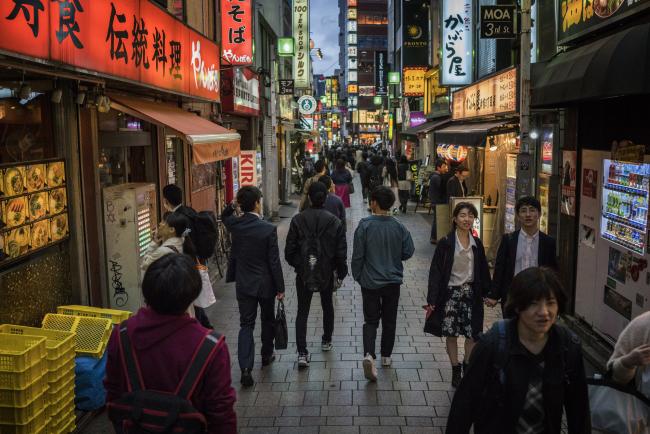(Bloomberg) -- The trade fight between the U.S. and China is starting to have an effect, but possibly not where President Donald Trump intended when he imposed extra tariffs on steel and aluminum imports.
Pork prices in Tokyo fell in April from a year earlier, and that subtracted 0.04 percentage point from inflation, one of the biggest causes of a weaker-than-expected price rise. China imposed extra 25 percent tariffs on U.S. pork in response to the U.S. tariffs, and that caused more meat to come into Japan, according to a statistics bureau official.
The trade dispute is another factor that’s undercutting the Bank of Japan’s efforts to generate sustained inflation. Any increase in U.S.-China trade tensions puts that effort at risk, as it could damage the economic recovery and cause other goods to flow to Japan, depressing prices.
Consumer prices in Tokyo, excluding fresh food, rose 0.6 percent in April, decelerating for a second month. Phone prices and hotel costs also subtracted from the rise. Wholesale prices of pork carcasses in Tokyo were down 7.8 percent from a year earlier, according to Agriculture & Livestock Industries Corp.
